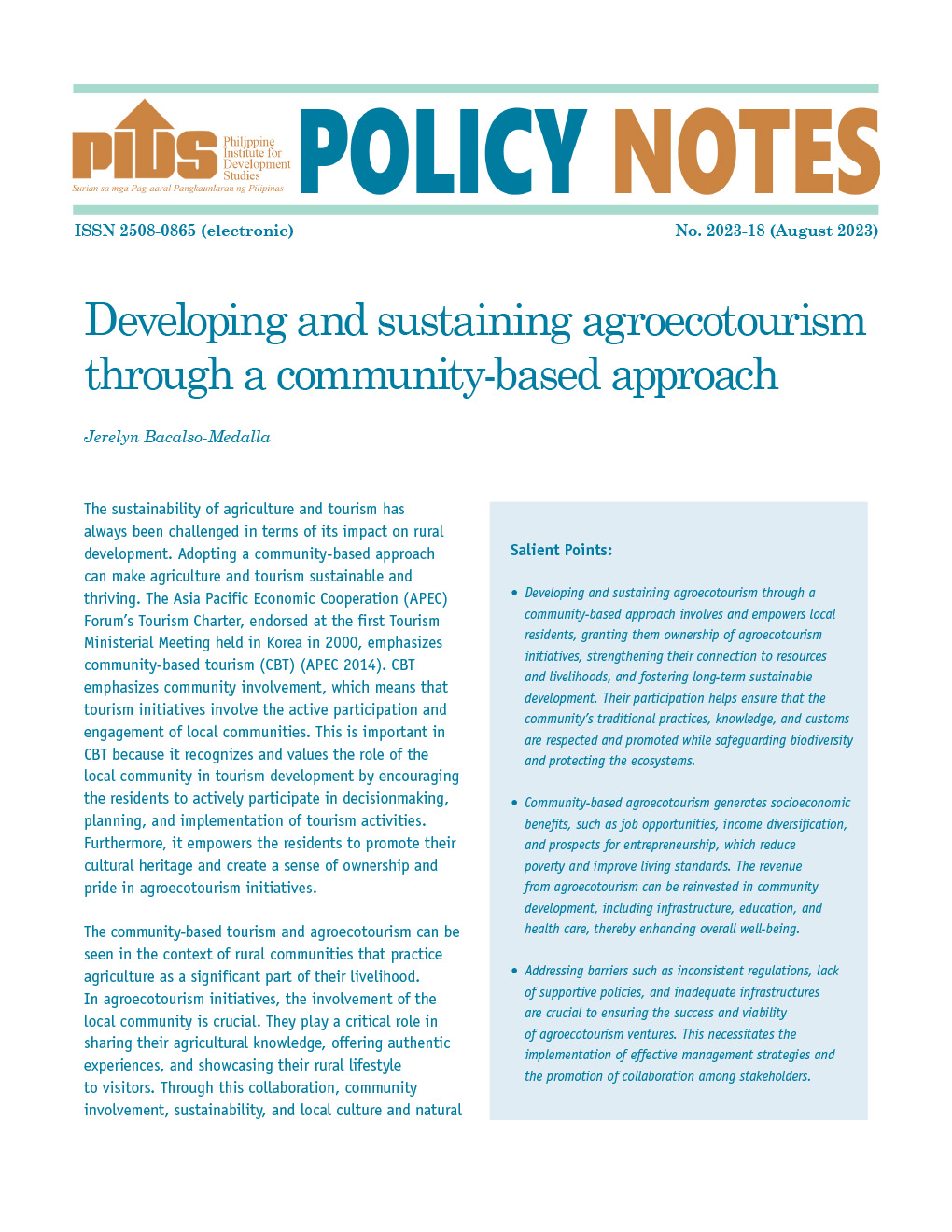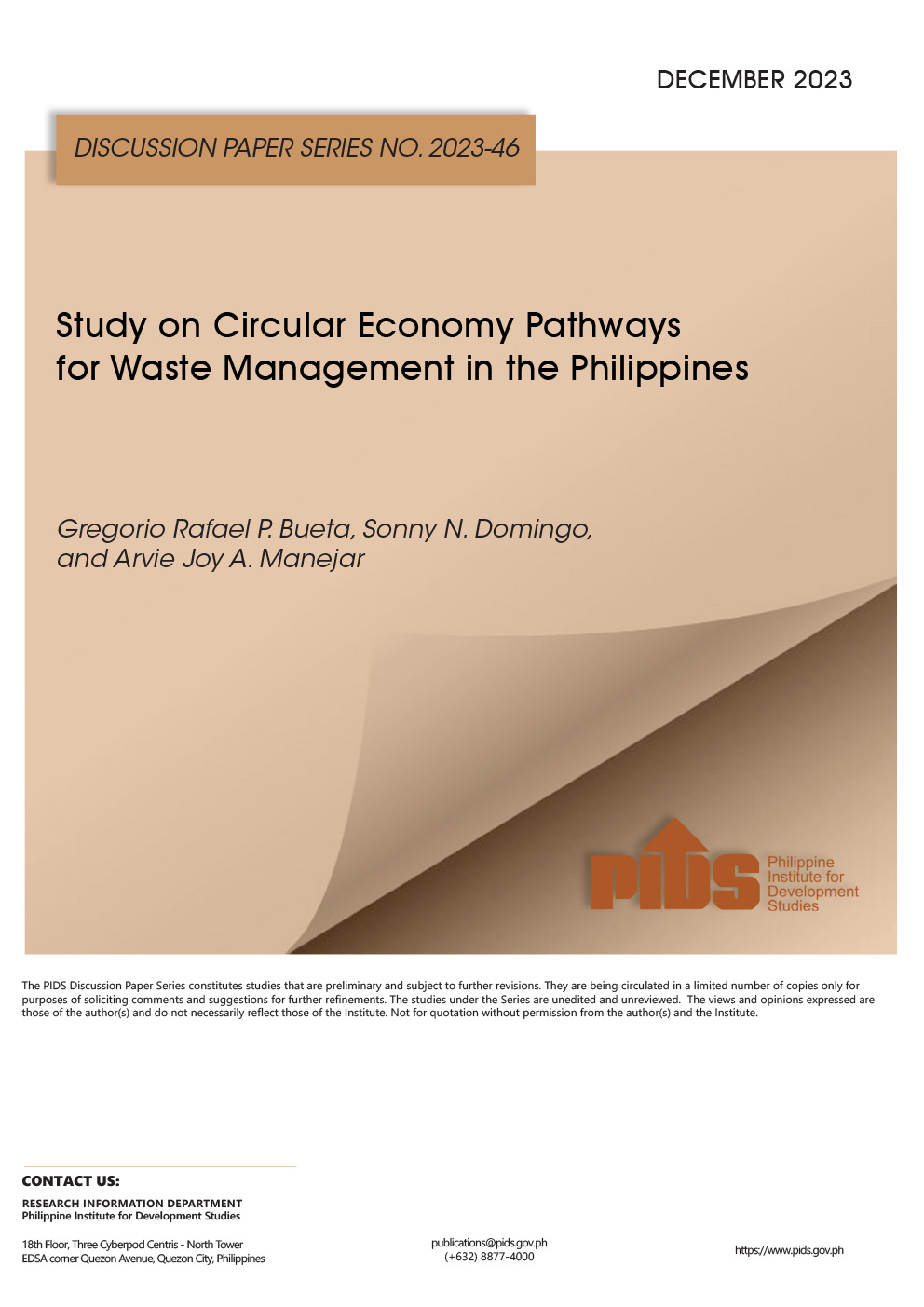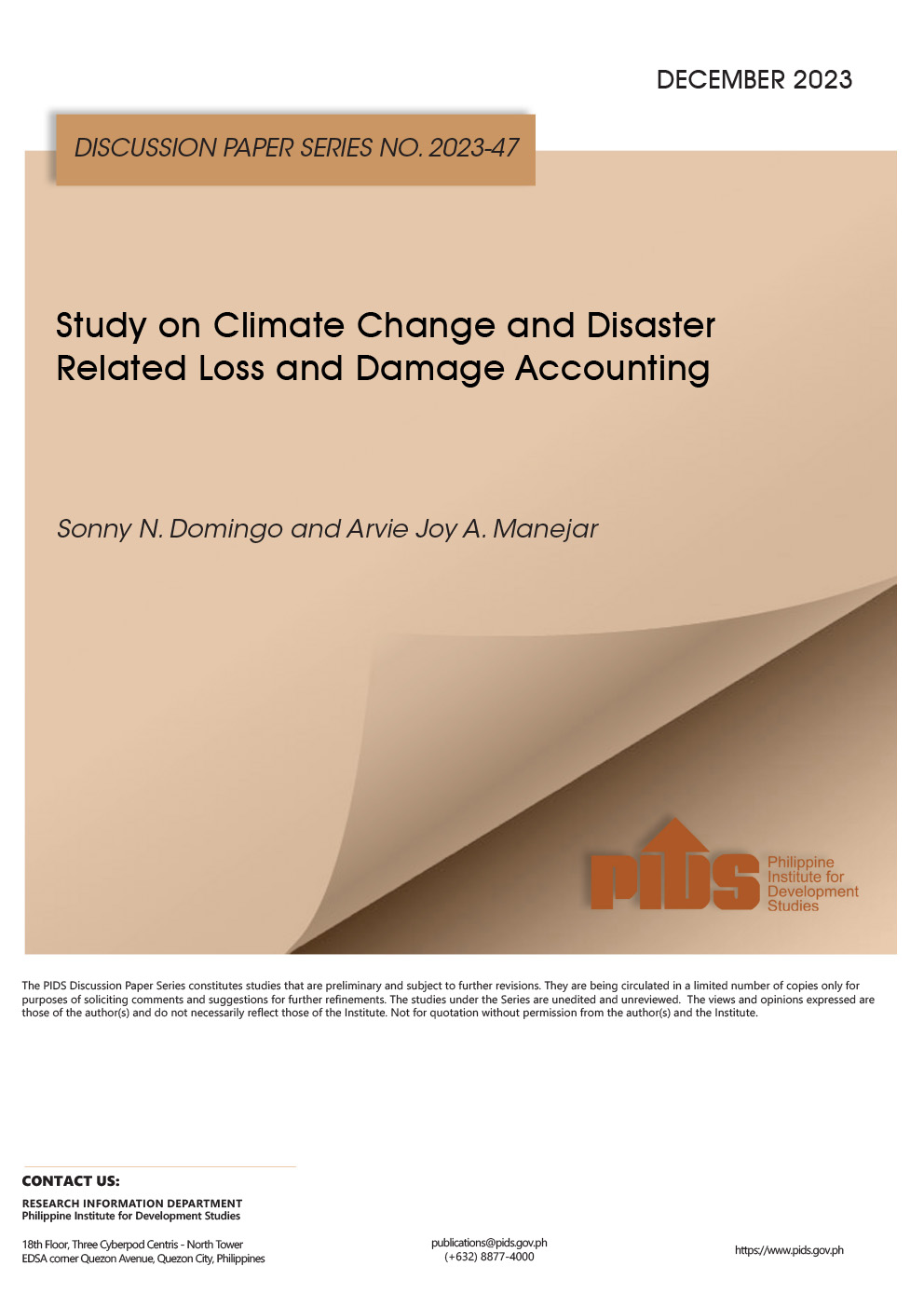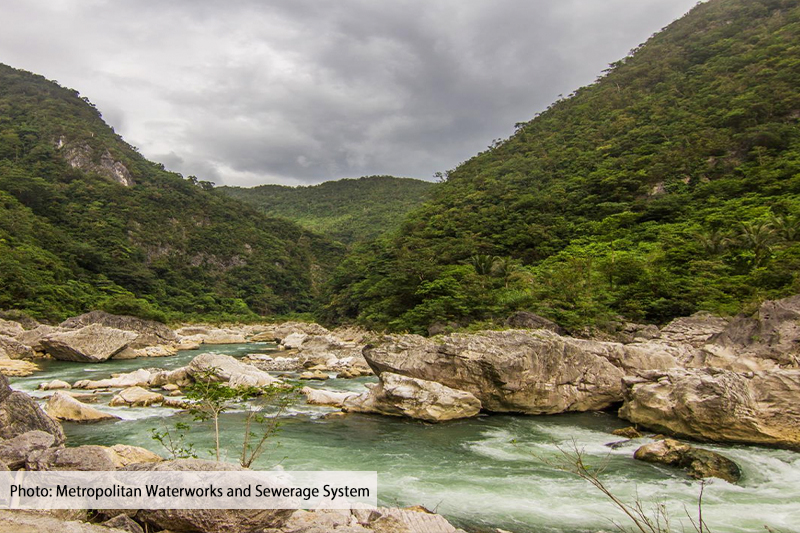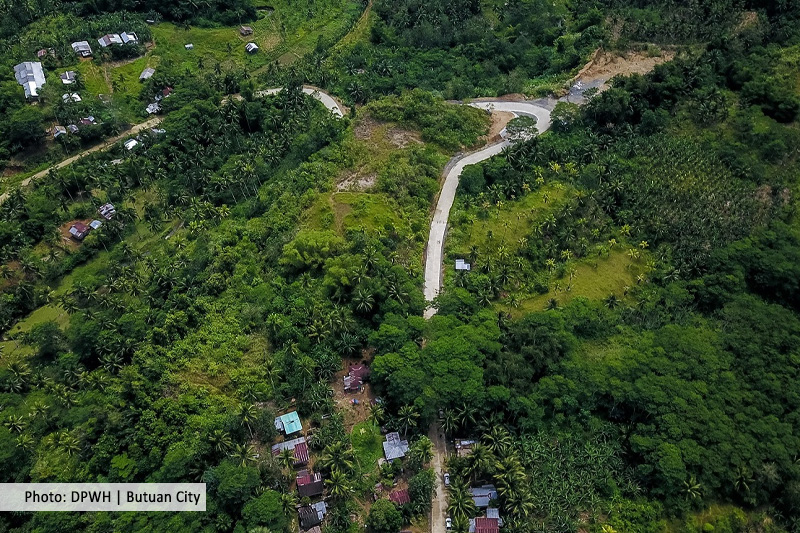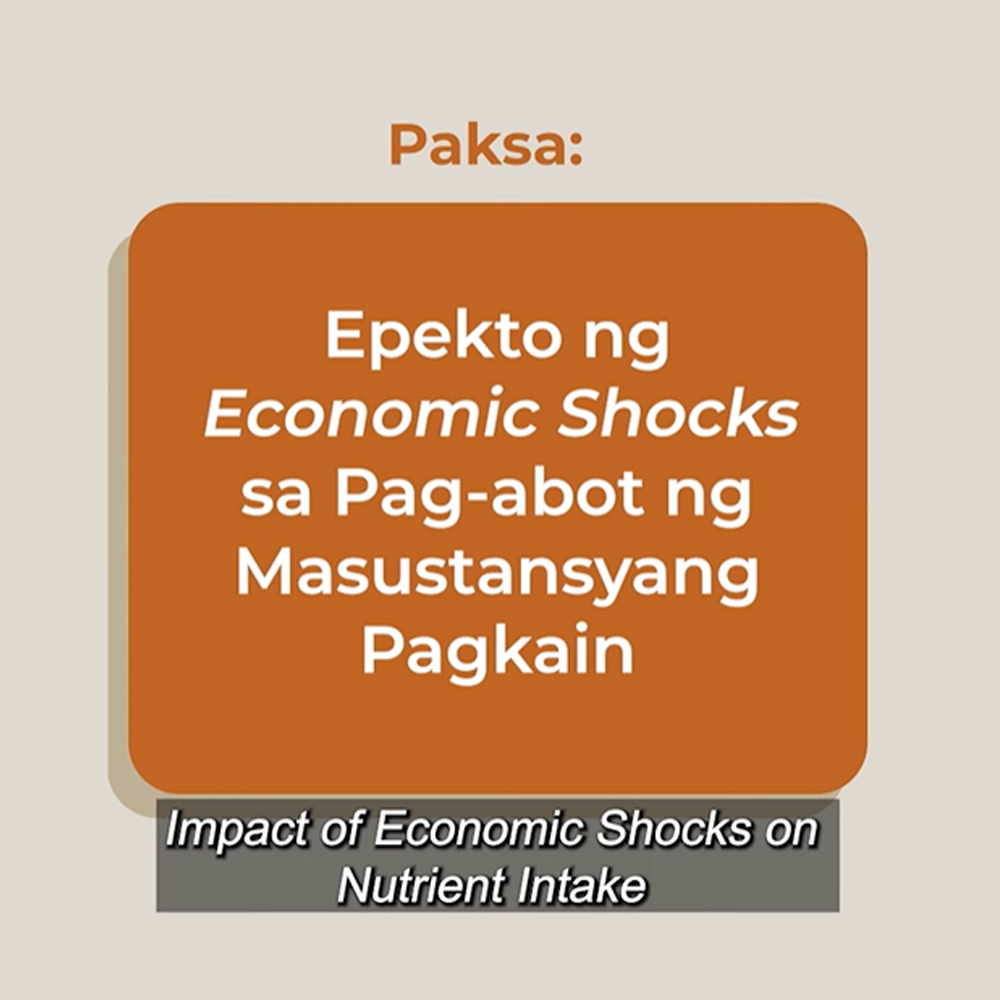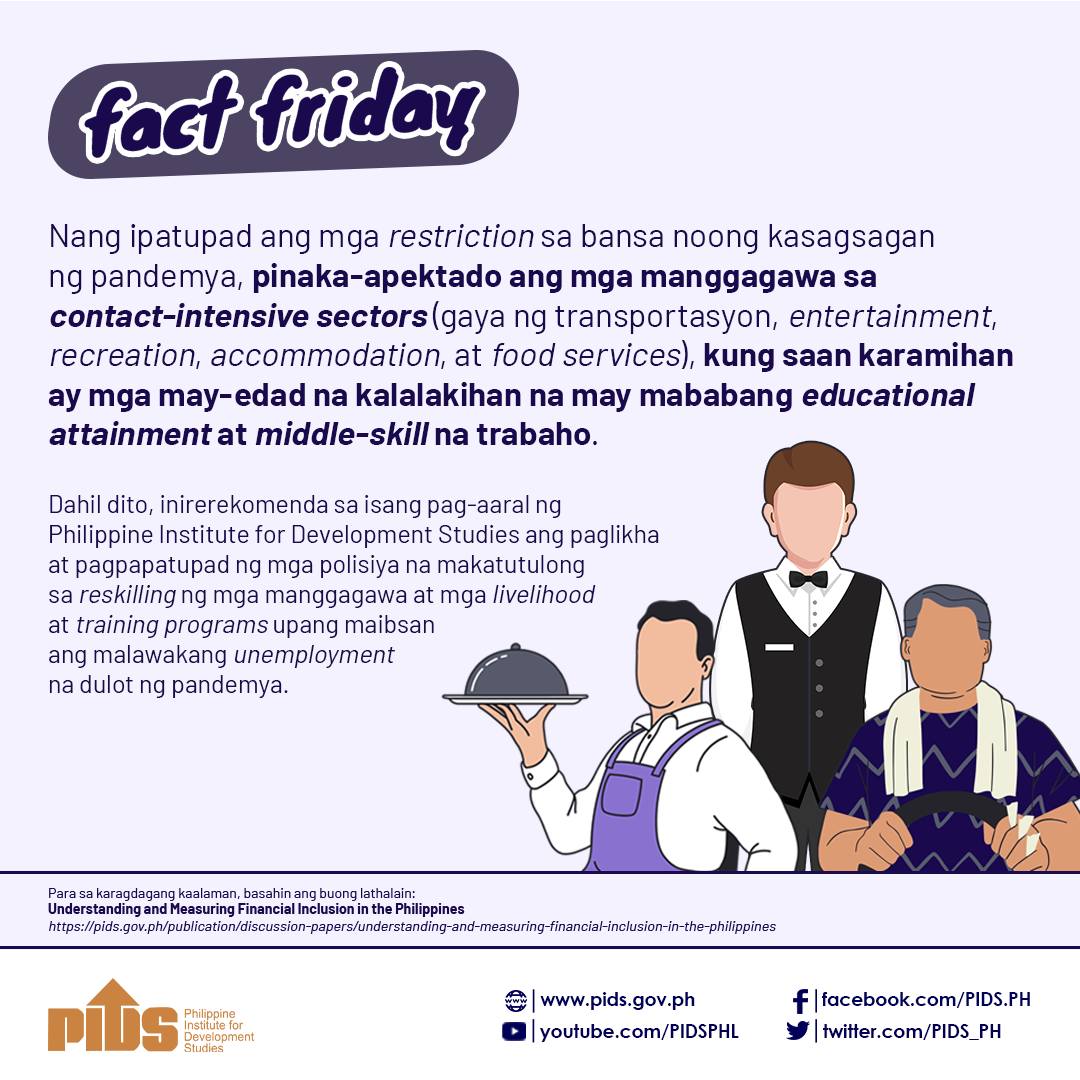MANILA – Micro, small, and medium enterprises (MSMEs) in the Asia Pacific have more leverage in recovering from the pandemic with the help of the Boracay Action Agenda (BAA).
The Asia Pacific Economic Cooperation (APEC) has initiated in 2015 the BAA to encourage MSMEs to participate in the global supply chain by implementing eight priority actions from 2016 to 2020.
At the Global MSME Forum Tuesday, Philippine Institute for Development Studies (PIDS) senior research fellow Francis Mark Quimba said APEC economies have invested over USD28 million in 132 projects supporting the BAA.
Around 76.5 percent, or 101 projects, of the 132 BAA projects were completed as of June 8 this year.
These projects support the BAA priority actions in trade facilitation (Priority Actions 1 to 4), financing (Priority Action 5), digital economy (Priority Action 6), institutional support (Priority Action 7), and women-led MSMEs (Priority Action 8).
“Chinese Taipei supported (the) most number of BAA projects, followed by the Philippines, South Korea, and Malaysia,” Quimba said.
PIDS research specialist Sylwyn Calizo Jr. said among the BAA priority actions, projects to support women-led MSMEs and the digital economy gained more attention from APEC member economies.
Calizo said APEC’s investment in the digital economy is “a very important route for MSMEs to recover after the pandemic” and it helps in the internalization of MSMEs.
“It is important for us to improve ICT (information and communications technology) and digital infrastructure in order to support MSMEs’ internalization. This is really important because without having reliable digital infrastructure, it would really constrain how MSMEs would be able to participate in the digital economy to be able to internationalize,” he added.
Governments are also encouraged to simplify administrative procedures through e-government to increase MSMEs e-commerce participation, Calizo said.
Among APEC members, China and Taiwan are the economies that are heavily invested in the digital economy.
BAA financing-related projects can also help MSMEs to recover after the pandemic.
Calizo said APEC economies should strengthen cooperatives as an effective option for capital financing.
The United States has strongly supported financing projects under the BAA, he said.
Moreover, Calizo said APEC’s projects in trade facilitation are “quite low”, with only 11 projects out of the 132 BAA projects.
“Trade facilitation projects were not widely explored despite this being important for MSMEs internationalization,” he said.
Aside from trade facilitation, projects related to institutional support will also help MSMEs amid the pandemic.
“We can increase MSMEs participation in (the) global value chain by developing an efficient innovation system, linking MSMEs within firms and improving the overall investment climate. Actively supporting MSME capacity to supply chain management would enable MSMEs to be more competitive as they enter the global market,” Calizo added. (PNA)
APEC’s Boracay agenda to help MSMEs recover from pandemic

